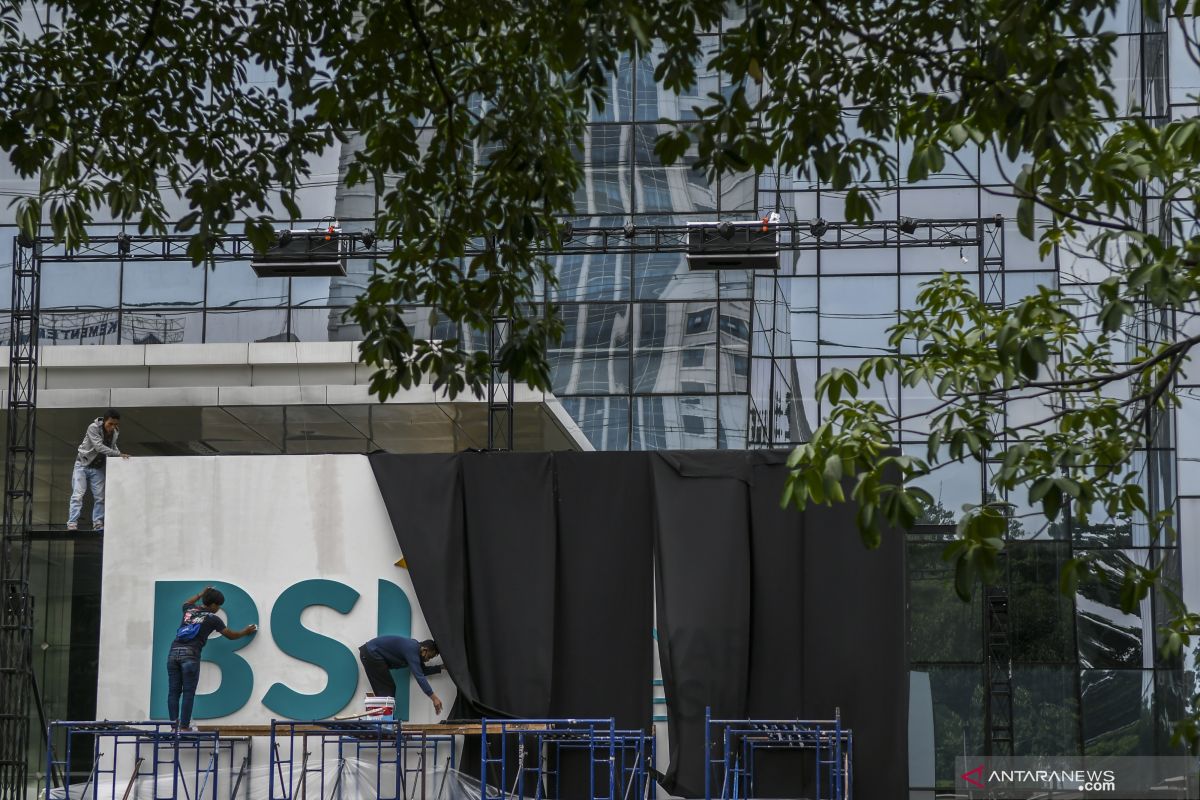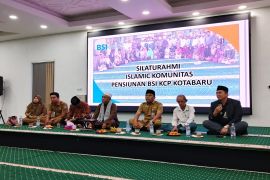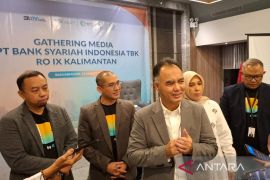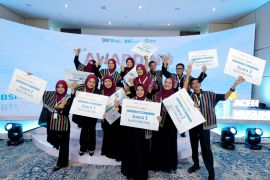Jakarta (ANTARA) - House of Representatives' (DPR RI's) Commission VI legislator, Achmad Badrowi, supports the government's proposal to convert Bank Syariah Indonesia (BSI) as a fully-fledged state-owned company to augment the company's performance and drive future development.
"BSI today cannot move much, as the bank has -- BRI, Mandiri, and BNI -- the three stakeholders. Each stakeholder has a different decision, hope, and business orientation," Badrowi noted here on Tuesday.
The legislator opined that the conversion of BSI's status would be appropriate, as Indonesia, with the largest Muslim population, must have a government-owned bank to cater to residents looking to conduct their daily financial activities and businesses while adhering to the Islamic law.
BSI's status conversion, from a subsidiary of state-owned banks to a fully-fledged state-owned bank, would enhance the Islamic bank in deciding the financial strategy without the need to cater to the interests of parent companies, he remarked.
Related news: BSI's presence in Dubai can intensify RI-Middle East relations: govt
Meanwhile, fellow Commission VI legislator Puteri Komarudin stated that the government's efforts to convert BSI into a state-owned company should be supported by all stakeholders.
The bank needs firm management, business plan, human resources, and infrastructure readiness to boost its transformation, she noted.
"Once BSI become a state-owned bank, they have a grand quest to bolster the contribution of Islamic banking to the national economy," Komarudin affirmed.
The legislator also reminded the government to ensure that BSI's status change must not negatively impact the bank's current stakeholders, especially the three state-owned banks as the main stakeholders.
Related news: BSI's net profit jumps 38.42% to Rp3.03 trillion
According to the company's financial report by December 2021, the three main stakeholders are Bank Mandiri that holds a 50.83-percent share of BSI's stocks, followed by BNI, 24.85 percent; and Bank Rakyat Indonesia (BRI), 17.25 percent.
Moreover, Dinar Standard's State of Global Islamic Economic Report (SGIE) revealed that as of 2019, the global Muslim population had reached 1.9 billion people, and the total transaction of halal products that reached US$2.02 trillion that year is expected to rise to US$2.4 trillion by 2024.
Related news: Military, police officers must not meddle in democracy: President
Related news: Military, police officers should have digital capabilities: President










